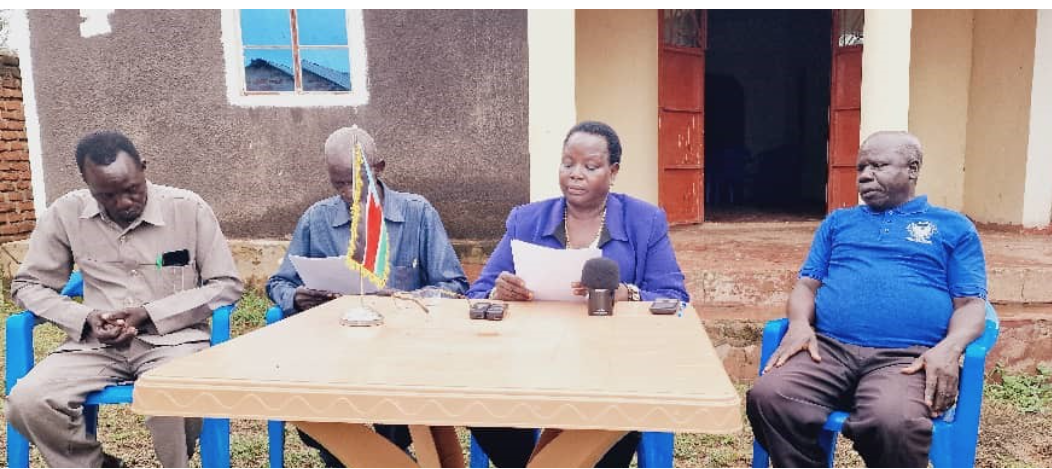The Sudan People’s Liberation Movement in Opposition (SPLM-IO) in Eastern Equatoria State has accused Governor Louis Lobong of delaying the opening of State Parliament to frustrate the opposition and give himself time to loot without accountability.
Their accusations include the unequal distribution of vehicles and other resources, and the opaque use of 1.5 million dollars a loan from the South Sudan Central Bank for the repair and the release of 16 vehicles.
SPLM-IO said in a press that Governor Lojore favored his SPLM party’s wing of the Cabinet, while neglecting the others in the allocation of government vehicles and other resources.
The statement was issued at the SPLM-IO headquarters in Torit on Thursday.
The Eastern Equatoria State SPLM-IO chairperson, also the Deputy Governor, Mary Alphonse Lodira, said delaying the reopening of Parliament was a strategy to exploit the State resources without accountability.
Lodira said most Cabinets members from other political parties had no vehicles for running their ministries.
She said the delay, under the pretext of no money to expedite the renovation of Parliament that has now taken a year, was unacceptable, adding that the Governor was constantly on the move within and outside the State, hardly ever spending time at the headquarters.
Lodira wondered why vehicles were distributed selectively yet several members of the SPLM-IO were chairpersons of the independent commissions.
Charles Odwar, the Speaker of the Assembly, and a member of SPLM, refuted the accusations, saying the delay had no connection with State leadership.
He said that the four vehicles allocated to the Assembly were distributed equally to the party representatives.
“They know 100 per cent that the Parliament is composed of all parties. The delay in the opening is not the problem of the State leadership under SPLM. UNMISS contracted Ark for Humanity to renovate Parliament from December last year and was supposed to finish in February, but that did not happen,” he told Radio Tamazuj.
“UNMISS have not handed over to the leadership of Parliament. It is not our intention as SPLM to close the House,” Odwar added
The Eastern Equatoria SPLM and the State government were yet to comment on the accusations.
South Sudan is currently governed by a transitional government created after the 2018 peace agreement between President Salva Kiir, First Vice President and SPLM-IO leader Riek Machar and other political figures.
The country is scheduled to hold general elections in December this year at the conclusion of the transitional period, but little preparations are in place. By Choi Mawel, Tower Post






